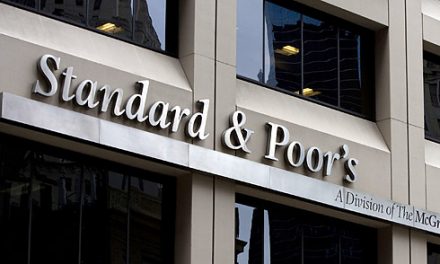Greek government bonds fell, driving 10-year yields up the most in four months, amid concern the nation’s quest for financial independence will undermine efforts to control its debt load.
Greece’s 30-year yield touched the highest since March before officials meet with the country’s international creditors tomorrow. The securities dropped last week as the government proposed an early end to financial aid from the International Monetary Fund, potentially enabling the nation to ease back on financial reforms required in exchange for the funding.
“There has been some political noise,” said Jens Peter Soerensen, chief analyst at Danske Bank A/S in Copenhagen. “The recent statements that they want to give up the 2015 IMF loans” make people think, “This gives us instability. Will they be able to make it?”
As Greece and its euro-area creditors meet to prepare for talks on repayment terms for its public debt, a less-visible crisis looms on another front: bad debts of households and companies. The borrowings, amounting to about 90 percent of Greece’s gross domestic product, weigh on the country’s hopes of recovering from the steepest and longest recession on record.
Greek 10-year yields jumped 34 basis points, or 0.34 percentage point, to 6.51 percent at 4:43 p.m. London time. That’s the biggest increase since May 15. The price of the 2 percent securities due in February 2024 dropped 2.085, or 20.85 euros per 1,000-euro ($1,269) face amount, to 78.26. The yield climbed 38 basis points last week, the most since May.
The 30-year yield climbed as high as 7.11 percent, a level not seen since March.
Non-performing loans at Greece’s banks have reached almost 80 billion euros, according to the country’s Growth and Competitiveness Minister Nikolaos Dendias. Greek households and corporations had overdue taxes of 69.2 billion euros in August, data from the public revenue secretariat show.



















